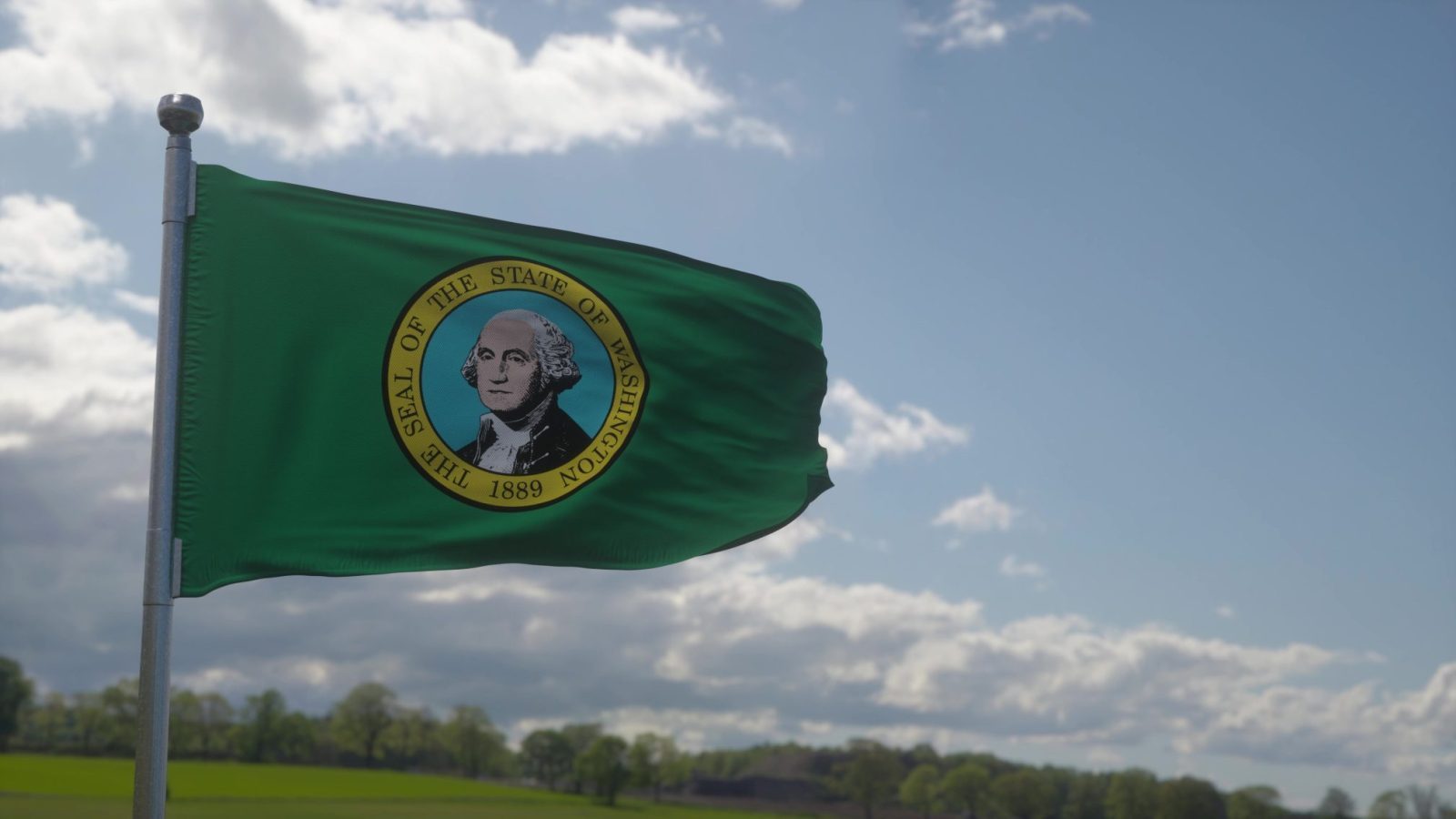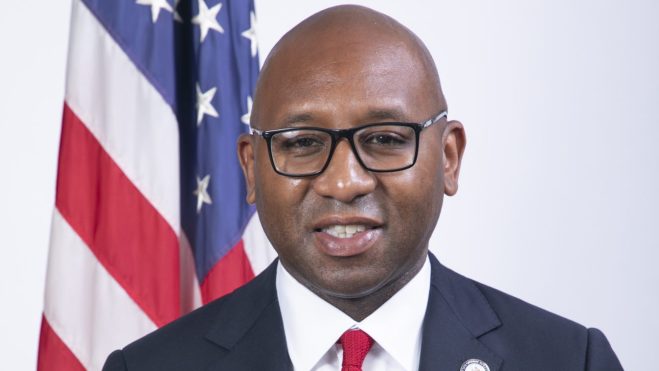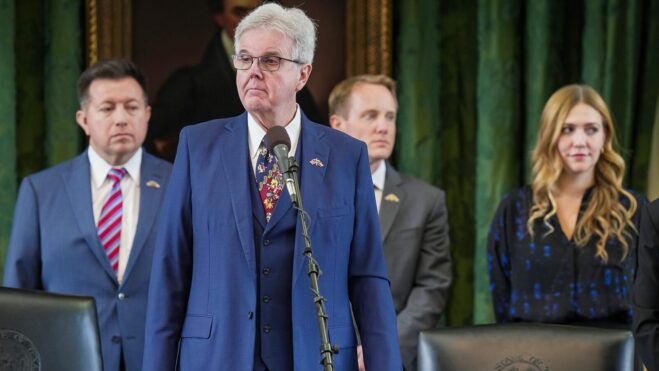Bookmaking, Prediction Markets, And The Lost Washington State Supreme Court Ruling
Long before there was Kalshi or Polymarket, there was Betcha.com — and a unanimous verdict
3 min

“No, there is another.”
Yoda’s quote in The Empire Strikes Back from the original Star Wars movie trilogy has renewed relevancy as prediction market litigation has spread to a half-dozen states in 2025.
Indeed, the current lawsuits were preceded by a similar case 15 years ago.
Washington state — not Nevada, New Jersey, Maryland, Massachusetts, Ohio, or New York — was the first jurisdiction to render a definitive judicial ruling about the permissibility of a sports-based quasi-peer-to-peer exchange model that mimics the current prediction market business model.
The 2010 legal case in the Evergreen State involved a company named Betcha.com, which the Supreme Court of Washington described as a “an on-line, person-to-person betting web site that charges its customers fees for connecting them to other online users wishing to wager on various events,” with posted wagers ranging from “sporting events, to political contests, to whether the moon would be full on a given night.”
Sound familiar?
In a unanimous ruling, Washington State’s highest court avoided any discussion of preemption — the legal issue permeating all the ongoing prediction market cases — and instead focused on the state’s bookmaking statute to find that Betcha.com was involved in illegal gambling under state law.
What the Washington Supreme Court ruled
Washington state’s anti-gambling laws are among the strictest in the nation.
With “professional gambling” statutorily defined to include someone who “engages in bookmaking,” the Supreme Court of Washington analyzed whether Betcha.com was a bookmaker. Under state law, bookmaking is defined as “accepting bets, upon the outcome of future contingent events, as a business or in which the bettor is charged a fee or ‘vigorish’ or the opportunity to place a bet.”
Finding Betcha.com to be engaged in bookmaking, the Washington Supreme Court explained:
“Accepting a bet may involve taking a position on wagers placed by bettors, but it may also simply include charging users a fee to bet with each other. Although Betcha did not take a position on the bets listed on its web site, it did charge its users a fee for the opportunity to place bets with others. Betcha’s entire business model was based on charging fees from those wishing to bet on its web site. Users meeting specific criteria were allowed to send bets to Betcha, which would post them on its web site for a fee. Betcha charged fees ‘for the opportunity to place a bet.’ It was unambiguously engaged in ‘bookmaking” as that term is defined under the gambling act.”
Such language may cause a moment of reflection for prediction market companies operating in all 50 states.
Beyond finding that “Betcha was engaged in bookmaking and therefore professional gambling,” the Supreme Court of Washington also concluded that “Betcha transmitted ‘gambling information’ and used ‘gambling records’ as part of its business.” Bookmaking and transmitting gambling information are felonies. Using gambling records is a misdemeanor.
Online betting in Washington state
In addition to its strict gambling statute generally, Washington state is equally forceful regarding online betting specifically.
State law “criminalizes the knowing transmission and reception of gambling information by various means, including use of the Internet … [s]ince sending and receiving gambling information is illegal, Internet gambling in the state of Washington is effectively banned,” wrote the Supreme Court of Washington in a different 2010 case involving online poker.
The Washington State Supreme Court proceeded to uphold Washington’s near-complete ban on internet gaming given that “[t]he regulation of gambling enterprises lies at the heart of the state’s police power.” The court rationalized that “Washington has a legitimate and substantial state interest in addressing the effects of Internet gambling” and recommended that the online poker playing litigant lobby the legislature instead of the judiciary.
The result of the online poker case — coupled with the Betcha.com outcome — effectively threw cold water on legal challenges to Washington State law.
Sports wagering in Washington
Sports betting only recently arrived in Washington State.
According to the website of the state’s gambling commission, “[i]n March 2020, Governor [Jay] Inslee signed House Bill 2638, which ‘authoriz[es] sports wagering on a very limited basis by restricting it to tribal casinos,’ with amended Class III compacts in the state of Washington.”
In other words, sports wagering in Washington state is limited to in-person betting at tribal casinos that have compacted with the state governor. The regulator’s website also lists a host of sports betting restrictions, including the inability to accept wagers on:
- College sports events involving a Washington-based university
- Any college sports events taking place in Washington
- Minor league sporting events
Simply put, sports betting in Washington state is indeed limited by both means and scope.
What could happen next in Washington?
If the prediction market litigation creeps to the Pacific Northwest, remember Yoda’s cryptic quote.
Indeed, back in March, Barron’s quoted an attorney at the state’s gambling commission as saying: “We are looking into these types of ‘prediction markets’ as a whole and are unable to discuss the specifics of any active investigations further.”
To date, the Betcha.com decision by the Supreme Court of Washington has yet to be cited in any of the current lawsuits percolating about the legality of prediction markets. But the “lost” precedent may reappear soon, especially given last month’s ruling by a federal judge in Massachusetts finding no “clear Congressional intent to displace state regulation” of sports prediction markets.
Such a finding could nudge the Washington State Gambling Commission — which describes itself as a self-funded law enforcement agency with over 100 full-time staff — to pursue another Betcha.com type of case. Or two. Or three.





